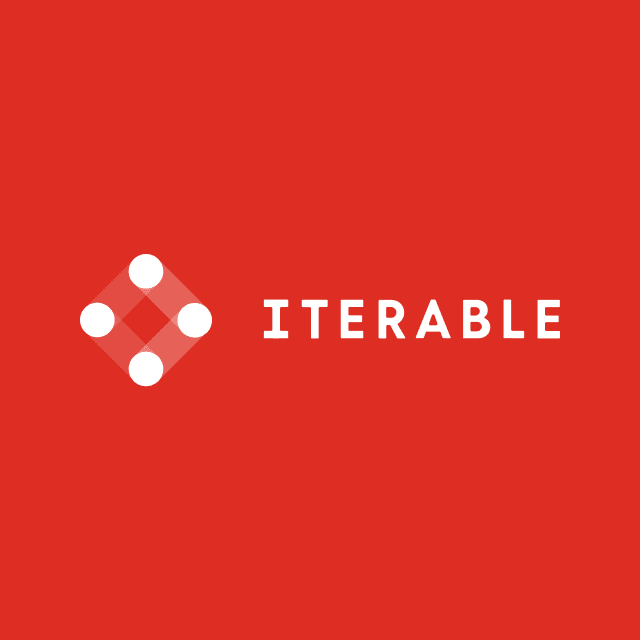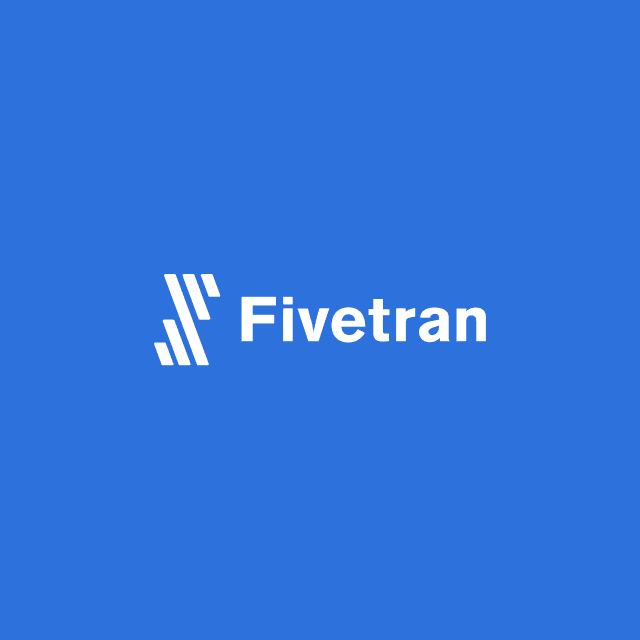AI Decisioning in travel & hospitality
How leading travel brands are using AI agents to personalize experiences, drive bookings, and grow LTV.
Alec Haase,
Luke Kline
July 28, 2025
|8 minutes

Download our latest whitepaper: “Rewriting the Lifecycle Marketing Playbook with AI Decisioning” to learn how industry leaders are leveraging AI agents to drive core use cases like cross-sells, winbacks, and repeat purchases.
Travel has rebounded in a post-COVID world, but the path to growth looks very different. Today, success doesn’t come from the first booking; instead, it comes from everything after.
That’s why loyalty programs have taken center stage. Travel brands are investing more in owned channels, retention, and member experiences. The numbers speak for themselves:
- 54% of travelers spend more when they’re part of a loyalty program
- Loyalty budgets grew by 22% in 2024
- Over 50% of travelers prioritize loyalty when choosing providers
But now that almost every travel brand has a loyalty program, just having one isn’t enough. What sets the best brands apart is how they use their first-party data (and increasingly, AI) to deliver personalized, high-performing loyalty experiences at scale.
In this blog, we’ll explain how AI agents are redefining lifecycle marketing in travel and driving real impact across key use cases like cross-sells, winbacks, and repeat bookings.
Rewriting the Lifecycle Marketing Playbook with AI Decisioning
Discover how industry leaders are using AI to drive smarter, faster, and more profitable customer engagement.


The travel personalization ceiling
For most travel marketers, lifecycle strategy still revolves around a familiar playbook: predefined journeys, trigger-based campaigns, and batch-and-blast campaigns. For years, these tools have helped teams deploy some personalization, but eventually, they all hit their limit.
The challenge is that travel behavior isn’t linear. Journeys assume every traveler follows the same funnel. Triggers often fire on isolated signals without full context. Audiences lump together guests who might look similar on paper but behave completely differently in practice.
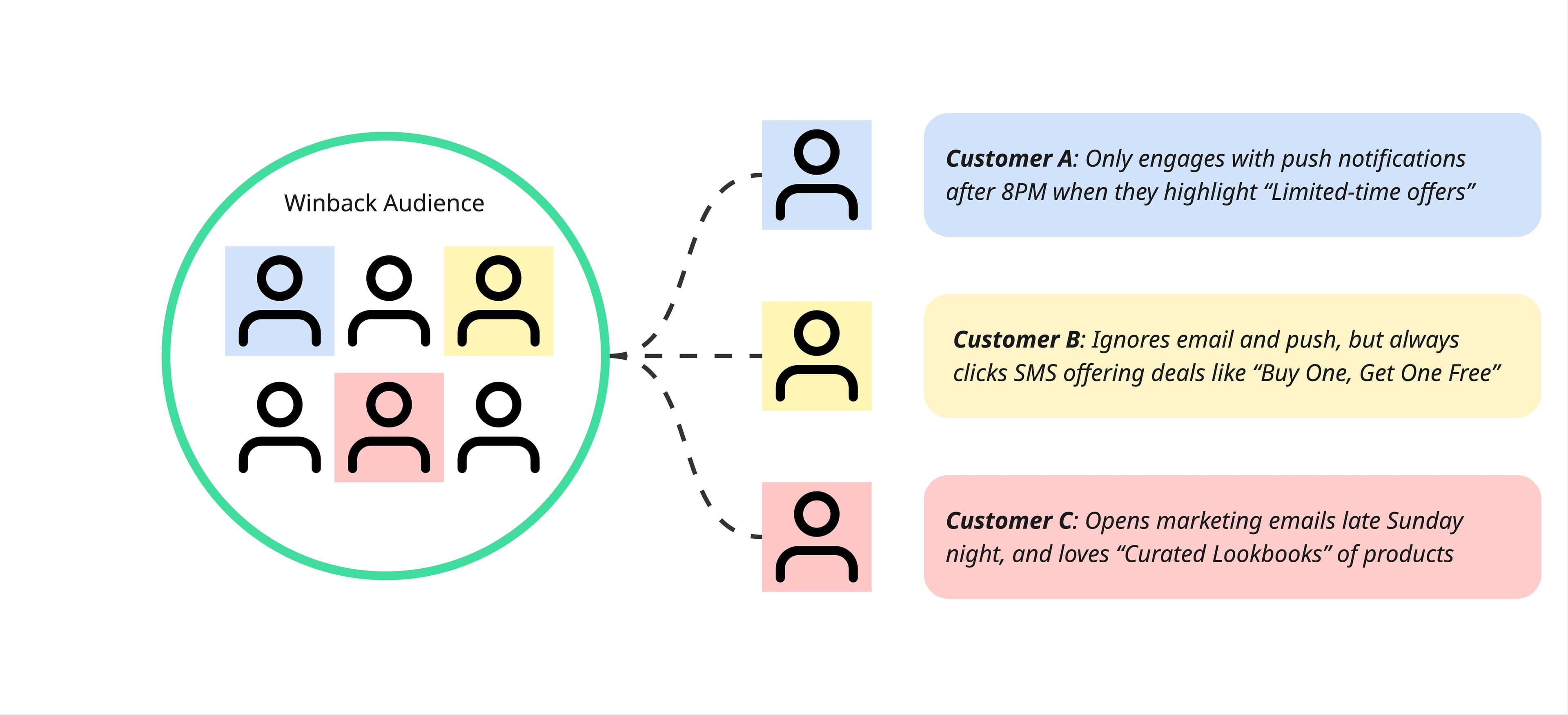
Audiences are made up of individuals with individual needs & preferences
No two travelers are the same, and neither are their trips. Someone skipping a routine weekend getaway might be saving points for an anniversary. A loyalty member who redeems late checkouts might suddenly disengage, not from churn, but because they're planning a more complex trip.
These scenarios aren’t edge cases; they happen all the time in travel every day, and no amount of segmentation, triggers, or journeys can account for all of the nuances and behavioral complexity of the modern traveler. At some point, more journeys, segments, and triggers no longer yield the returns they once did, and teams inevitably hit a personalization ceiling where ROI begins to flatten.
Every lifecycle marketer in travel wants to deliver personalized experiences. The problem is that traditional systems and humans alone simply can’t process the millions of decisions required to personalize every interaction across every channel. Marketing teams have been forced to choose between scale and personalization—until now.
Scaling 1:1 personalization with AI Decisioning
AI Decisioning removes the tradeoff between scale and personalization. Instead of relying on static journeys or one-size-fits-all campaigns, travel marketers can now deploy AI agents that make real-time decisions for every traveler, across every channel, every moment, and every message.
Instead of manually defining journeys or managing batch and blast audiences, marketers build an AI agent. You define the outcomes you care about (drive repeat trip bookings, increase loyalty redemptions, re-engage lapsed travelers, boost cross-sell of ancillary products, etc.), provide channel, creative and messaging options for the agent to select from, and set the guardrails that matter to your brand (brand guidelines, discount usage, frequency caps, compliance).
From there, the AI agents make millions of experience decisions to drive more of these outcomes, choosing the perfect message, timing, offer, and channel for each guest. And using reinforcement learning and contextual bandits, the agents continuously learn and optimize to drive more of these outcomes over time.
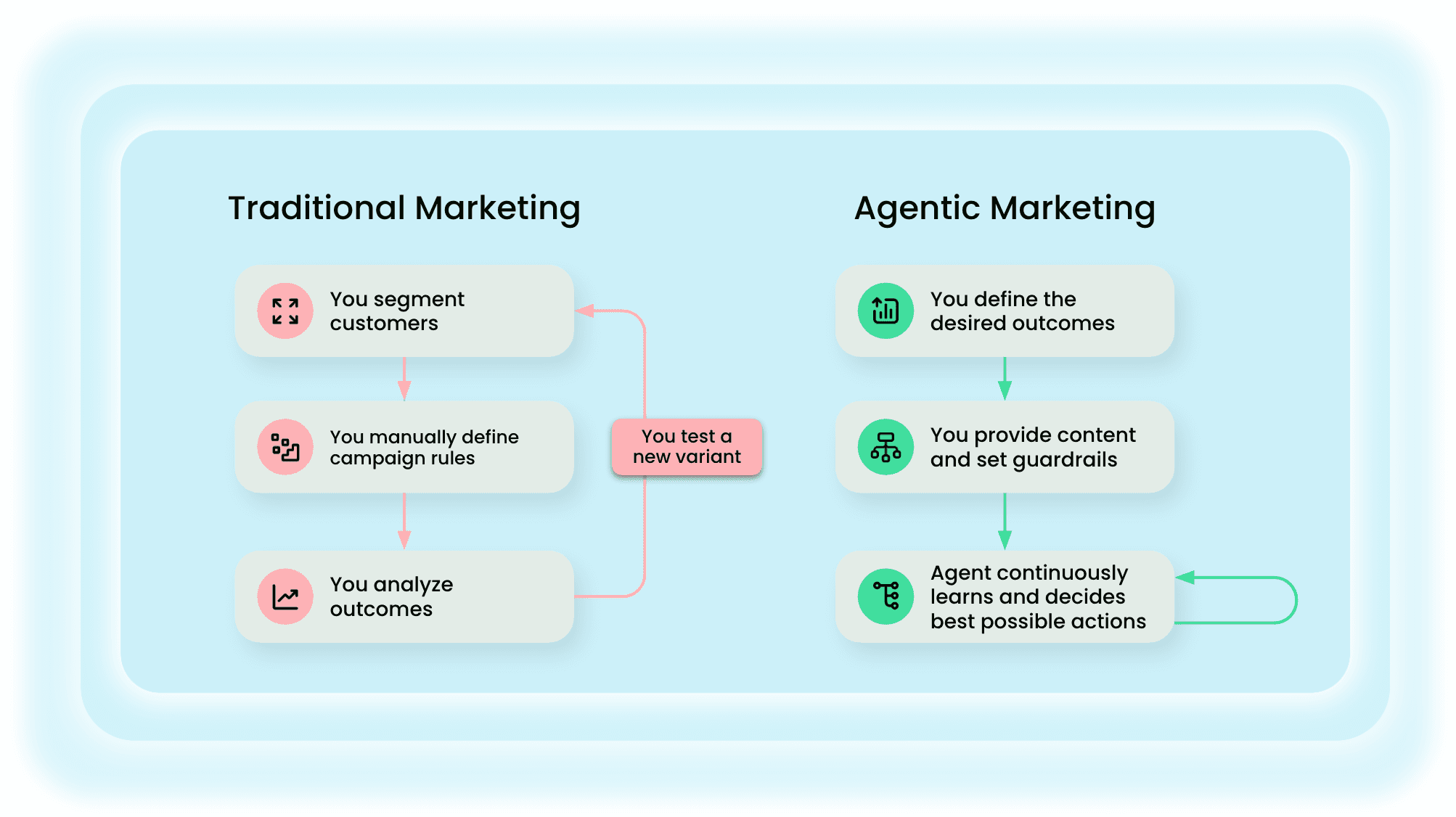
AI Decisioning unlocks outcome-based marketing
The agents are designed to go beyond-human scale to automate decisioning on a 1:1 basis:
- A traveler browses three destinations but doesn’t book. Should we send a points reminder, a price drop alert, or hold off until they re-engage?
- A loyalty member just hit a new tier. Should we prompt them to redeem points, upgrade their room, or reinforce their benefits?
- A user opens emails but never clicks. Do we switch channels, test new creative, a new messaging tone, or pause comms entirely?
- A family that typically books in July hasn’t shown activity. Should we suggest their usual trip or try something new based on lookalike households?
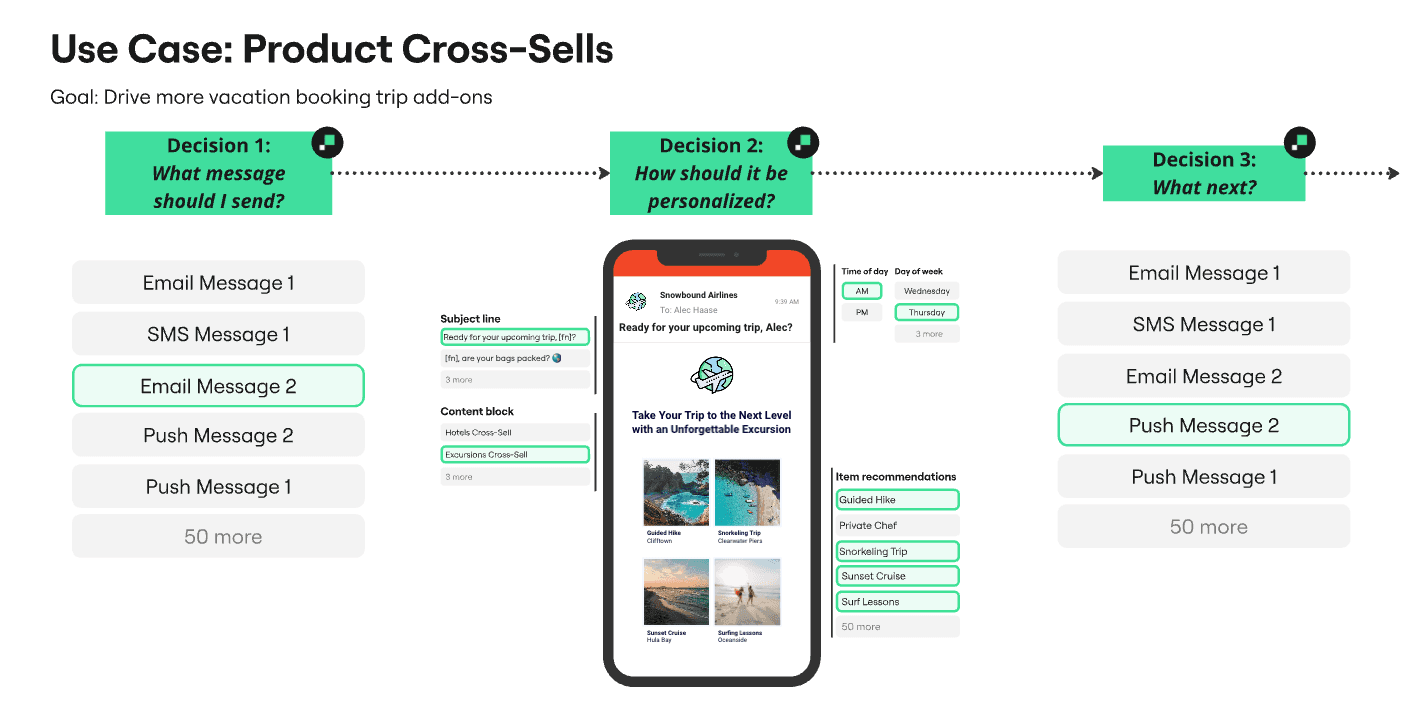
AI agents make the right decision at every step of the customer experience
Thriving in the complexities of the travel Industry
Travel is one of the most dynamic and operationally complex industries in marketing.
You’re managing flights, hotels, loyalty redemptions, room upgrades, and destination experiences—each with different rules, pricing windows, eligibility criteria, and inventory constraints. Layer on behavioral differences across solo travelers, families, business guests, last-minute bookers, and loyalty members, and you quickly run into a volume of decisioning that no human team operating on rule-based systems can manage effectively.
Intent shifts fast. Journeys are nonlinear. No two trips are alike.
That’s exactly the type of environment where AI Decisioning thrives.
AI Decisioning systems are designed to operate in high-volume, high-variation environments where there’s a wide range of customers, products, content, and channels. They don’t just respond to data, they learn from it, continuously optimizing every interaction to drive the outcomes that matter most: bookings, upgrades, redemptions, and engagement.
And importantly, AI Decisioning doesn’t require ripping out your current stack. It works with your existing systems—layering on top of your existing data infrastructure and marketing tools. That means you can launch quickly and scale fast without moving your data or disrupting existing workflows.
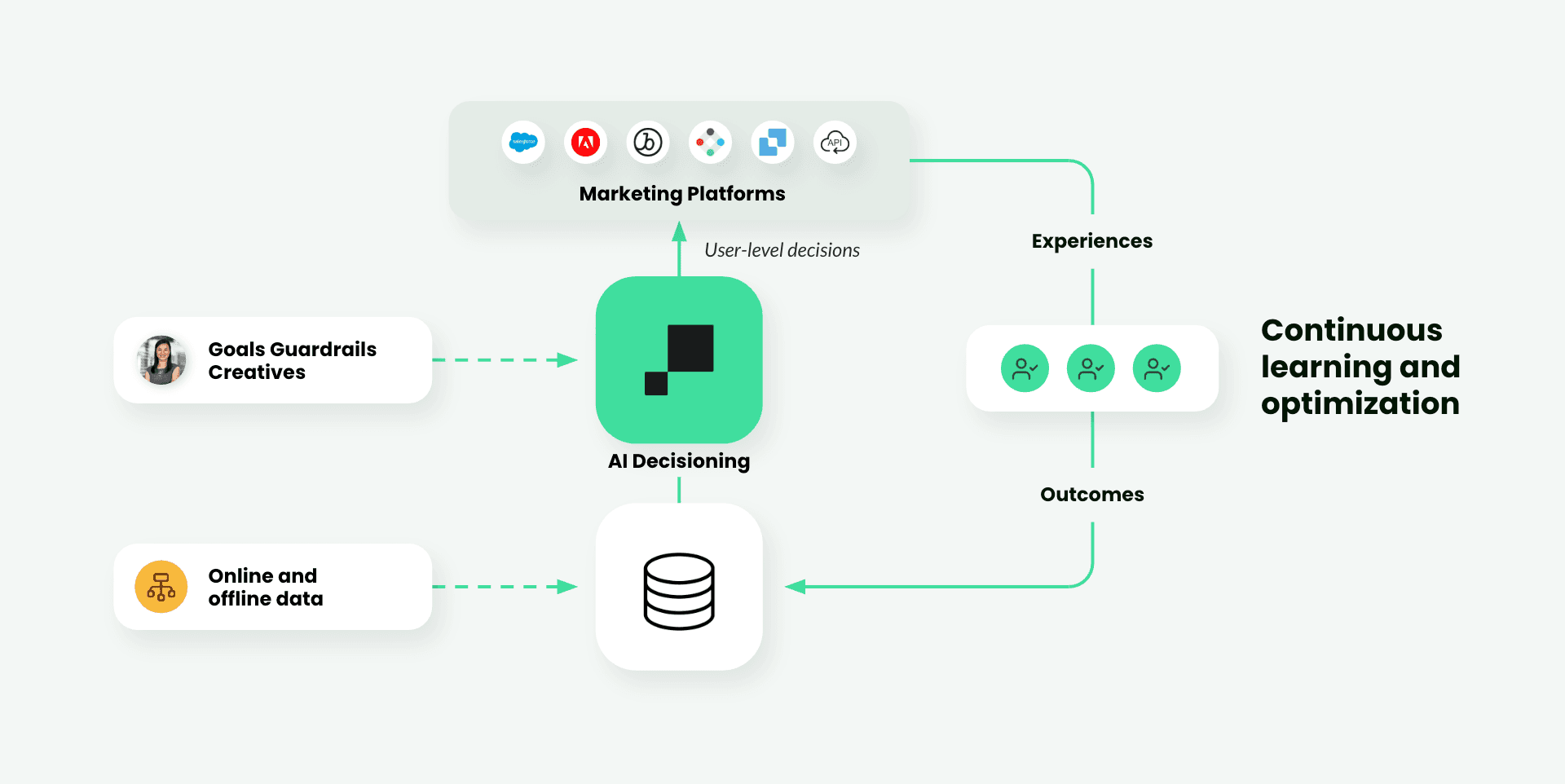
AI Decisioning plugs right into your existing tech stack
Use cases: How AI Decisioning is transforming travel lifecycle teams
Cross-sell / upsell
Most travel upsells rely on static rules like offering seat upgrades to all economy flyers or car rentals to everyone booking a hotel. These generic offers often miss the mark because they ignore context, timing, and user preferences.
AI Decisioning tailors add-on offers to each traveler, identifying which extras they’re likely to convert on and delivering them at peak intent without disrupting the booking flow.
Example: A solo business traveler who books 3-star hotels and skips early check-in is sent a post-booking email 24-48 hours before they depart, offering bonus loyalty points for adding breakfast.
Recurring booking
Most travelers have a personal booking rhythm, whether that’s monthly business trips, annual family vacations, or summer getaways. Yet most brands rely on fixed post-trip follow-ups or scheduled seasonal nudges that miss the individual user’s real planning window.
AI Decisioning learns each traveler's unique trip cadence, planning behaviors, and intent signals, then delivers personalized messages at the right moment through the best-performing channel.
Example: A gold-tier member who books weekend trips every 8 to 10 weeks browses two cities. The agent sends an 8:30 PM push with three different hotel offers, timed to match past booking behavior.
Winback & re-engagement
In travel, drop-off often starts subtly—missed check-ins, fewer searches, or stalled planning. But most win-back campaigns rely on generic emails or discounts that miss the real reason for disengagement.
AI Decisioning agents detect signs of low engagement and optimize recovery strategies based on past outreach response, preferred channels, motivational triggers, and destinations or experiences that have historically pulled the user back in.
Example: A loyalty member who usually books every quarter hasn’t searched in 90 days. After skipping two emails, the agent sends a Thursday evening SMS with a trending destination they’ve responded to before.
Unlocking traveler insights that fuel long-term growth
The true value of AI Decisioning isn’t just in its ability to drive bookings, upgrades, and redemptions; it’s what the system learn along the way. As agents test content, offers, channels, and timing across every moment in the traveler journey, they uncover insights that human teams would never surface at scale.
For example, a hotel brand might discover that weekday travelers with short stays convert better on mobile check-in prompts sent 12 hours before arrival, but only if they’re paired with loyalty point offers. Or that family vacationers respond best to in-app nudges for suite upgrades during their second visit, not their first.
These insights don’t just drive better results—they compound. Every decision fuels the next, helping teams refine campaigns, improve creative, and scale learnings across destinations, segments, and channels. The more agents run, the more value they unlock.
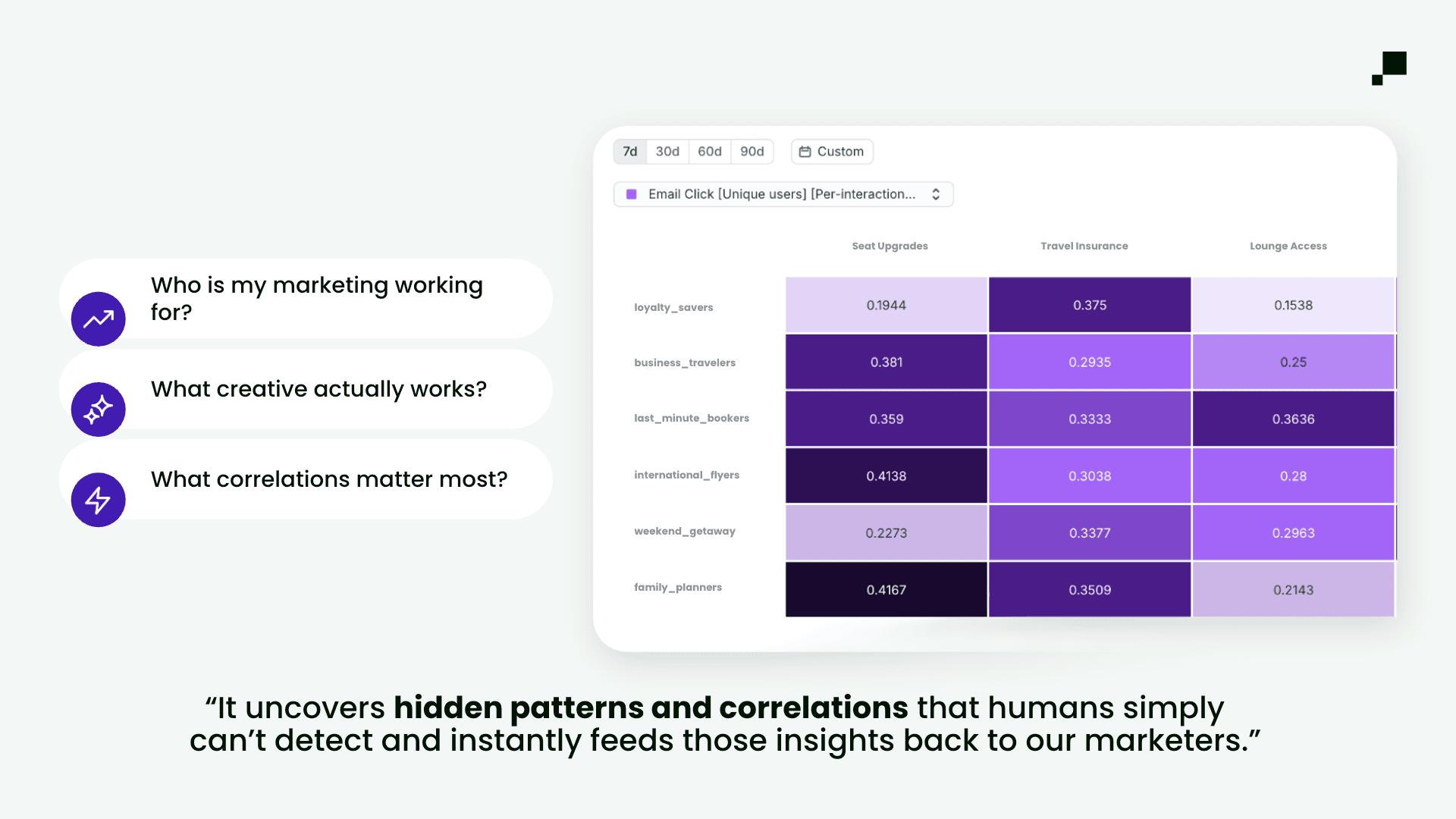
Closing thoughts
Travel marketers aren’t struggling because they lack tools, data, or campaigns; they’re struggling because the traditional systems and playbooks can’t keep up with how dynamic travel behavior really is. No two trips are alike, and what worked yesterday might be irrelevant today.
AI Decisioning breaks this cycle by making real-time, context-aware decisions for every traveler, learning from their behavior, trip patterns, loyalty signals, and booking windows to drive better outcomes across every channel. Every decision the agents make is fully transparent and observable, and you always stay in full control.
If you're interested in AI Decisioning, unlocking more value from your existing marketing channels, and increasing the velocity at which you can experiment and learn, book some time with our team today!



